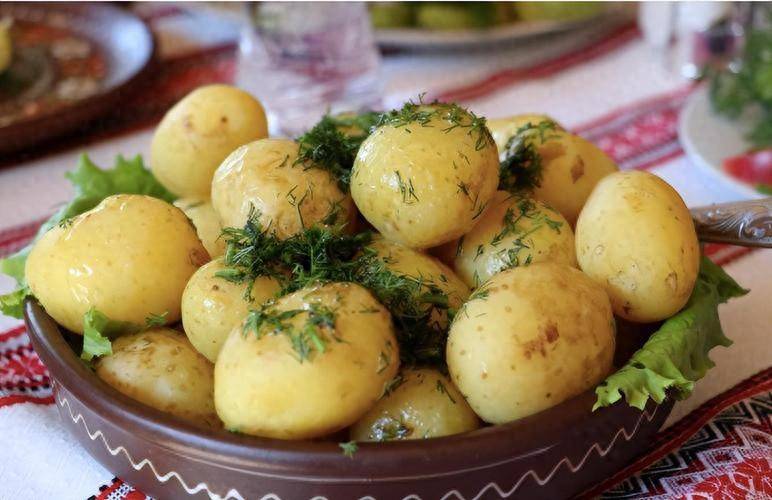Prior to reading this article, we kindly invite you to click “Follow”, which not only facilitates your discussion and sharing but also provides you with more professional health knowledge to escort your health. Thank you for your support.
“Your old stomach problem, why does it start acting up again?” 68-year-old Lao Qian sighed helplessly about his stomach, rubbing his abdomen as he walked through the hospital’s entrance.
In recent days, Lao Qian’s stomach pain has resurfaced, always feeling a burning sensation inside his stomach, and everything he eats seems off. So today, he came to the hospital for a comprehensive check-up.
Recognizing Lao Qian at the hospital, Nurse Xiao Zhang smiled and asked, “Lao Qian, is it the same old problem this time?” Lao Qian nodded, feeling like his stomach is like a clock that can never be fixed, having to come to the hospital for maintenance from time to time.
The test results came out quickly, and indeed Lao Qian’s gastritis had recurred. The doctor, a young and humorous guy, looked at the report and told Lao Qian, “It seems like your stomach is really delicate! You need to take good care of it.”
One issue came to Lao Qian’s mind. He had heard on TV that gastric patients should not eat potatoes, which puzzled him because potatoes were his favorite. Unable to resist, he asked the doctor, “I heard that gastric patients should not eat potatoes, is that true?”
The doctor shook his head with a smile and began to explain in detail to Lao Qian, “This statement is not entirely true. Potatoes are high-starch foods, which are a good source of energy for ordinary people. But for gastritis patients, especially when your gastritis is active, eating too many high-starch foods may indeed put more pressure on the digestive system, worsening stomach discomfort.
It mainly depends on the amount consumed and the cooking method. If potatoes are cooked to be soft, consuming a small amount should not be a big issue. After hearing this explanation, Lao Qian felt he understood and found the doctor not only professional but also explained in a simple and understandable way, truly like a real angel in a white coat!
He continued to inquire with the doctor about dietary adjustments for gastritis, hoping to find more suitable recipes for himself. The doctor patiently answered one by one, making Lao Qian’s trip to the hospital this time quite fruitful.
Following the previous discussion, the doctor’s relaxed tone suddenly changed, and he said seriously to Lao Qian, “Although we have already talked about potatoes, do you know? There are two seemingly common foods that people with poor stomachs should avoid, namely dried tofu and soybeans.”
Lao Qian was somewhat surprised because in his impression, soy products have always been synonymous with healthy food. He couldn’t help but ask, “Aren’t dried tofu and soybeans protein sources? Why should people with poor stomachs avoid them?”
The doctor nodded and began to explain in detail, “Dried tofu and soybeans are indeed good sources of protein, but they also belong to the legume food category. Legumes contain a lot of plant protein and fiber, which is beneficial for people with normal digestive functions.
However, for gastritis patients, especially those with excessive gastric acid secretion or damaged gastric mucosa, these high-protein and high-fiber foods are not easily broken down in the stomach, which may cause stomach discomfort and worsen symptoms.”
He further added, “Certain substances in legumes, such as isoflavones and soy protein, although beneficial for healthy individuals, may impose additional burdens on the stomach when the gastric mucosa is damaged, especially when not properly cooked. This is why even healthy foods may not be suitable choices for specific groups of people.”
After listening, Lao Qian nodded, feeling like he had gained new insights into these seemingly harmless foods.
The doctor continued, “So, if your stomach problems occur frequently, or if you feel stomach discomfort after consuming legume foods, it is recommended to minimize the intake of such foods. Not only dried tofu and soybeans, but other legume products should also be taken into consideration.”
With a pensive look, Lao Qian asked, “How should I adjust my diet?” The doctor smiled and gave some suggestions, “Firstly, try to replace legumes with easily digestible foods, such as fish, chicken, which are protein sources that are easier for the stomach to digest.
Secondly, consume more vegetables and fruits, but remember to choose those with less coarse fiber, such as pumpkin, carrots, etc. Also, try to avoid raw, cold, and overly greasy foods, as they are culprits that irritate the gastric mucosa.”
Although the doctor’s words were simple, they were a profound education for Lao Qian. Through this conversation, Lao Qian not only resolved his doubts but also learned how to better manage his gastric problems through dietary adjustments. He knew that although it was just a small step, it was an important move towards a healthy life.
Finally, the doctor suggested that he keep a simple food diary, recording his daily diet content, timing, and subsequent stomach reactions, which would help him better understand which foods or dietary habits his stomach can tolerate.
Through this conversation, Lao Qian not only clarified his doubts about potatoes but also learned many ways to manage and alleviate gastric problems by adjusting dietary habits. He felt that the trip to the hospital was worthwhile, and he trusted and respected the doctor even more, thankful that he not only treated the illness but also taught him how to live a healthier life.
(All names mentioned above are pseudonyms)
What are your thoughts on gastric problems? Feel free to discuss in the comments section!


